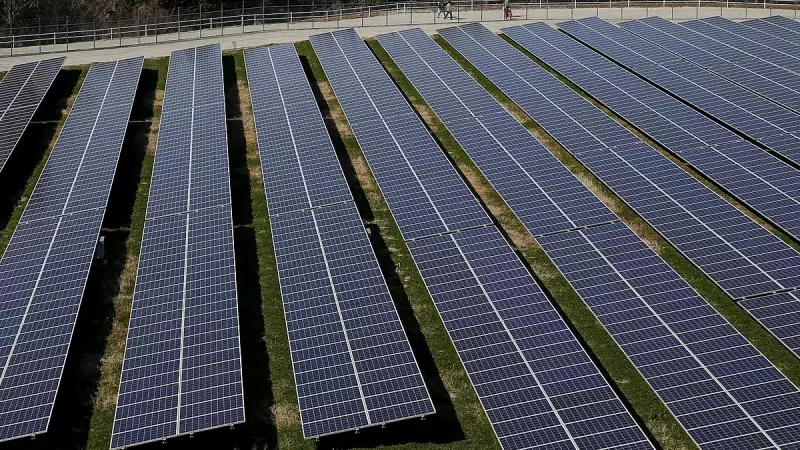
A recent comprehensive study has uncovered a surprising obstacle in Tamil Nadu's renewable energy journey: the very electricity subsidies designed to help consumers are now hindering the adoption of solar power across the state.
The Subsidy Conundrum
Research conducted by the Institute for Energy Studies at Anna University reveals that households receiving free or heavily subsidised electricity show significantly less interest in investing in rooftop solar systems. The study examined energy consumption patterns across various demographic groups in Tamil Nadu.
Key Findings That Demand Attention
- Free electricity schemes remove financial motivation for consumers to switch to solar alternatives
- Heavily subsidised power rates make solar investments appear less economically viable
- Despite high solar potential, financial incentives for adoption are lacking
- The state faces challenges in meeting its renewable energy targets due to this paradox
Economic Reality Check
The research highlights a critical economic disconnect: when consumers pay little or nothing for conventional electricity, the return on investment for solar installations becomes unattractive. This creates a significant barrier even for environmentally conscious households who might otherwise consider transitioning to clean energy.
Policy Implications
Experts suggest that Tamil Nadu needs to develop targeted policy interventions that balance social welfare objectives with renewable energy goals. The study recommends creating specific incentives for solar adoption that work alongside existing subsidy schemes rather than conflicting with them.
As Tamil Nadu continues to position itself as a renewable energy leader, addressing this subsidy-solar conflict becomes crucial for achieving both energy security and environmental sustainability targets.





